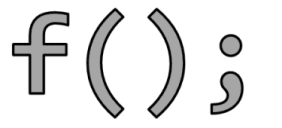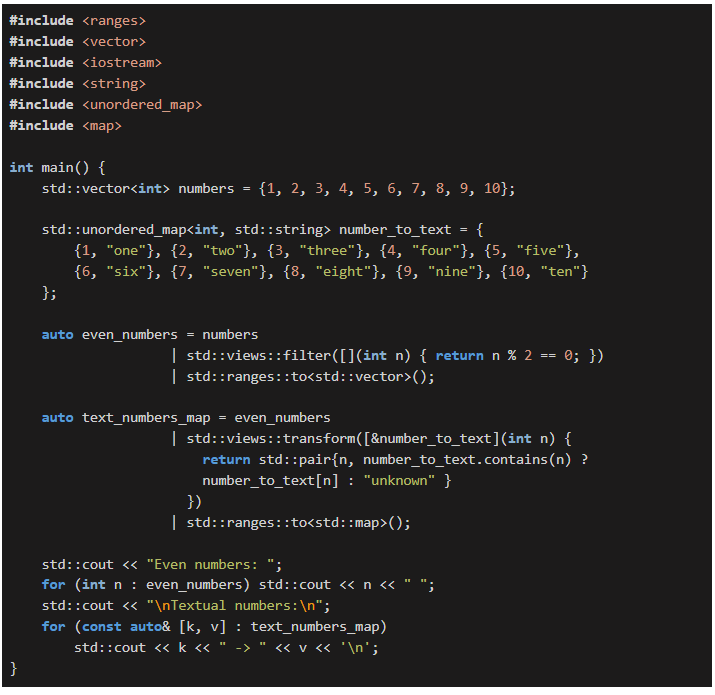Workshops for Everyone -- ACCU Conference
The ACCU conference has a range of workshops, including online options, this year:
Workshops for Everyone
by ACCU Conference
From the article:
See all the offerings, from Jason Turner, Nicolai Josuttis, Robert Seacord, Gail Ollis, Mateusz Pusz, Phil Nash and Mike Shah.

 When using std::atomic<std::shared_ptr<T>>, the C++ standard defines a "change" as a modification to either the stored pointer or the control block pointer. However, since atomic wait mechanisms typically track only a single memory address, the Microsoft implementation handles this limitation by using a timeout-based polling strategy to detect changes in the control block.
When using std::atomic<std::shared_ptr<T>>, the C++ standard defines a "change" as a modification to either the stored pointer or the control block pointer. However, since atomic wait mechanisms typically track only a single memory address, the Microsoft implementation handles this limitation by using a timeout-based polling strategy to detect changes in the control block. In this post, we are going to discuss a core language feature proposed by Corentin Jabot and Micheal Park in P2169R4. With the new standard we get a cool unnamed placeholder.
In this post, we are going to discuss a core language feature proposed by Corentin Jabot and Micheal Park in P2169R4. With the new standard we get a cool unnamed placeholder. Since its introduction, the
Since its introduction, the  Sometimes, we all need a way to iterate over a container in the opposite direction. There are several ways to reverse-iterate a container, and in this article, we’ll explore them.
Sometimes, we all need a way to iterate over a container in the opposite direction. There are several ways to reverse-iterate a container, and in this article, we’ll explore them. In this article, you’ll see eight larger examples that illustrate the changes in C++23.
In this article, you’ll see eight larger examples that illustrate the changes in C++23.